
In a startling admission, Pakistan Prime Minister Shehbaz Sharif has publicly confirmed that Indian BrahMos missiles struck critical military installations across Pakistan, including the Nur Khan Airbase in Rawalpindi. This confirmation comes weeks after India’s Operation Sindoor, a retaliatory military operation against terror camps in Pakistan and Pakistan-occupied Kashmir (PoK).
Operation Sindoor: India’s Precision Strike Against Terror
Launched in May 2025, Operation Sindoor was a swift and calculated Indian military response to the Pahalgam terror attack, which claimed multiple civilian and military lives. India attributed the attack to terror outfits such as Jaish-e-Mohammed (JeM) and Lashkar-e-Taiba (LeT) operating from Pakistani soil.
Under Operation Sindoor:
-
Nine terror camps across Pakistan and PoK were destroyed.
-
Over 100 terrorists were neutralized.
-
Eleven Pakistani airbases, including those in Sindh, Punjab, and Khyber Pakhtunkhwa, were hit.
-
The Nur Khan Airbase, a strategic military facility in Rawalpindi, was reduced to rubble by BrahMos missile strikes.
Pakistan’s Planned Retaliation Blocked by Preemptive Strikes
In a video statement, PM Shehbaz Sharif admitted that Pakistan had prepared a retaliatory military response to India’s offensive. However, before these plans could materialize, India launched a second wave of BrahMos missiles, targeting critical infrastructure and disabling Pakistan’s ability to strike back.
The missile strikes caused:
-
Extensive damage to multiple airbases including Rahim Yar Khan in Sindh.
-
The loss of several Pakistan Air Force personnel, including a squadron leader.
-
Massive disruption of Pakistan’s defense communications and radar systems.
Closure of Pakistani Airspace and Global Repercussions
Following the missile strikes, Pakistan closed its airspace to all Indian commercial flights. This move disrupted international air traffic and caused rerouting of several global carriers.
The international community, including the UN and major world powers, has called for restraint, urging both India and Pakistan to avoid further escalation and engage in diplomatic dialogue.
India’s Position: No Talks Without End to Terrorism
Despite Pakistan’s call for bilateral talks post-strike, the Indian government reiterated its long-standing position: no dialogue until Pakistan dismantles terror networks and vacates Pakistan-occupied Kashmir.
According to Indian defense analysts, Operation Sindoor showcased India’s growing missile strike capabilities, especially the precision-targeting power of the BrahMos missile system, co-developed with Russia.
Conclusion
PM Shehbaz Sharif’s acknowledgment of Indian missile strikes marks a turning point in Indo-Pak relations. The bold use of BrahMos cruise missiles and the destruction of strategic airbases underline India’s evolving military doctrine of preemptive precision strikes. With regional stability at stake, all eyes remain on the subcontinent as the world urges de-escalation and peace.
Read More: PM Modi Launches Major Infrastructure Projects Across Four States in Nationwide Development Push



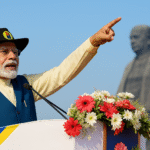

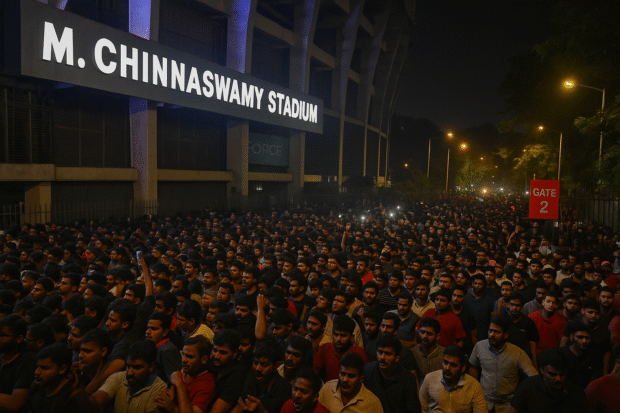

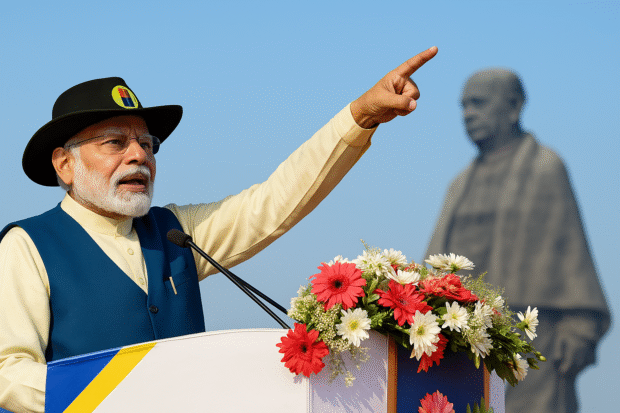
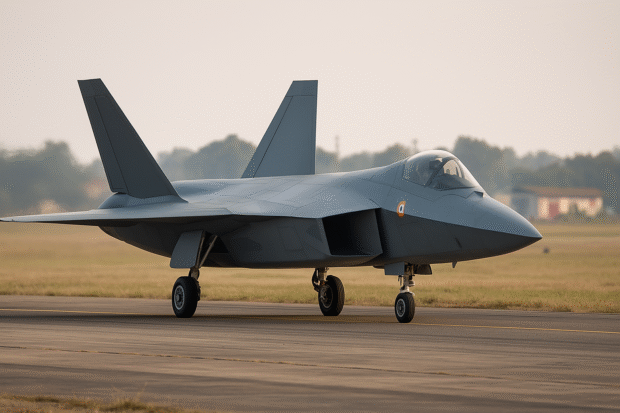
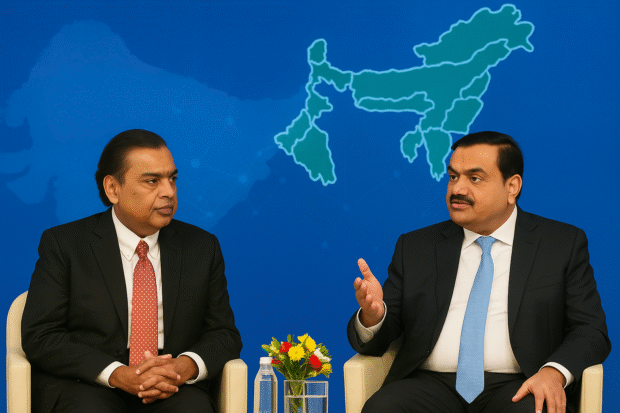





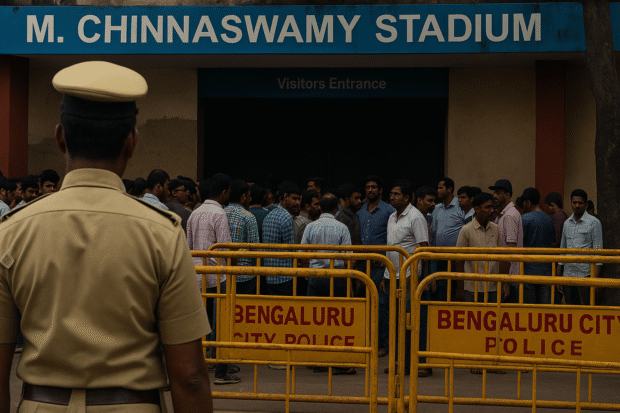

Be the first to leave a comment